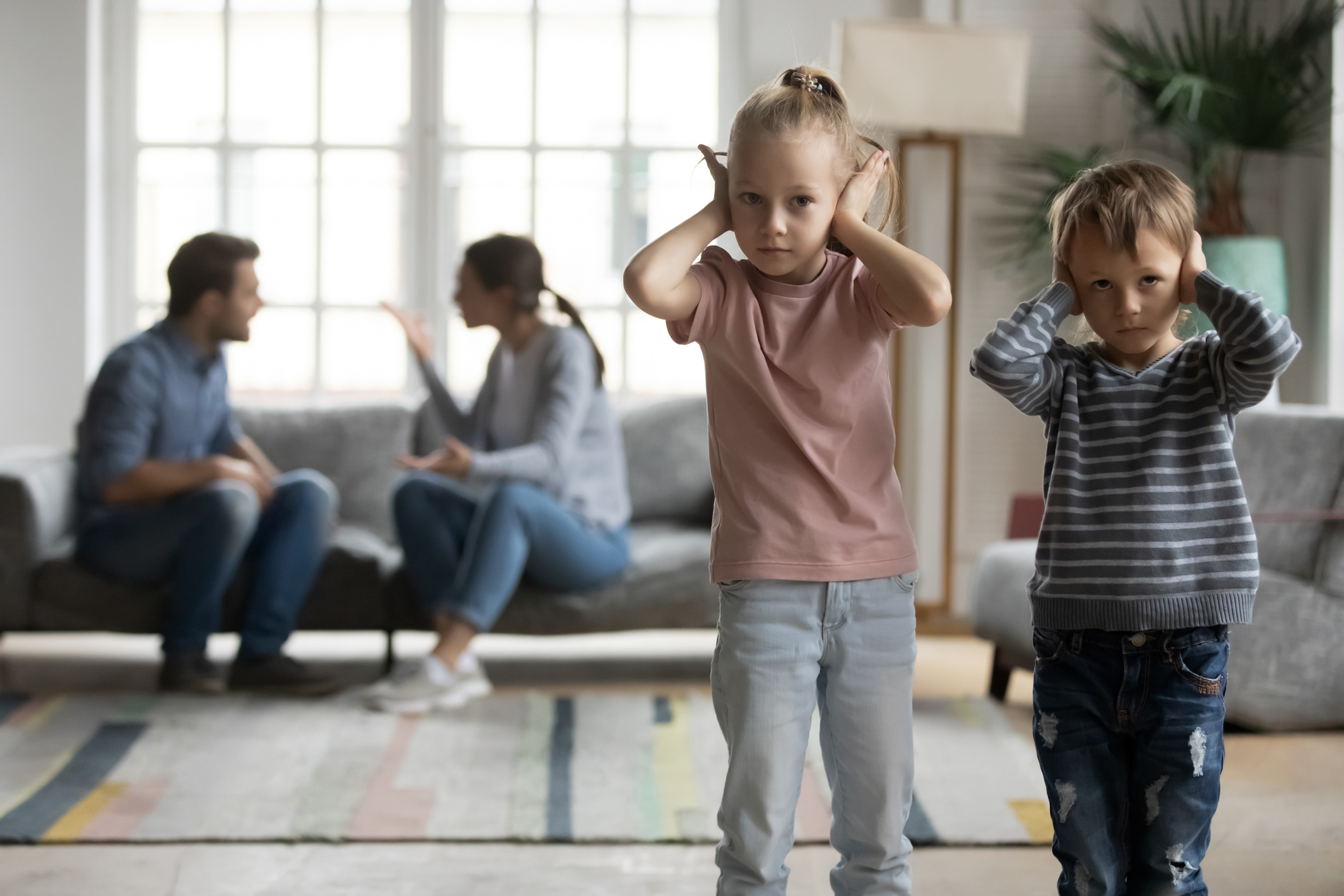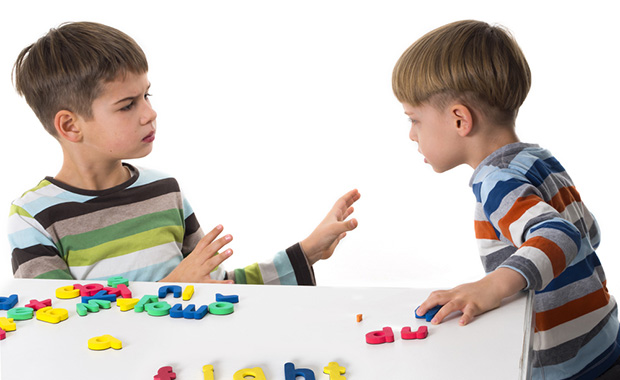
Parents Who Yell at Kids Train Kids to Yell
#Growing up with parents who fight how to#
Learning how to slow your reaction and stop yelling at your kids isn’t easy, but it’s worth it. Scaring a kid in the moment may get them to knock off what they’re doing, but it’s also eroding trust in the relationship. When parents yell at toddlers, they create fear, which prevents kids from learning from the situation or recognizing that their parents are trying to protect them. What they’re really doing is exacerbating the problem. Parents may feel like they’re putting their foot down and delivering adequate discipline when they yell at their kids. Not Yelling at Kids Isn’t About “Letting Them Off Easy” Laughter seems like a more welcomed outcome than cowering. “If the parent responds with a sense of humor, you still maintain your authority and keep them connected to you,” says Markham. Ironically, humor can be a much more effective and not as hardline alternative to yelling. Learning how to stop yelling in favor of more age-appropriate strategies will be more effective in the long run. A 3-year-old may appear to push buttons and give off an attitude like an adult, but they still don’t have the emotional maturity to be treated like one. Being screamed at by their parents can be seriously stressful for kids. When it was played back to the subjects, they couldn’t believe how twisted their faces got,” says Markham. “They’ve done studies where people were filmed yelling. When the person they trust most frightens them, whether by yelling or other means, it rocks their sense of security.

To kids, parents are humans twice their size who provide everything they need to live: food, shelter, love, Paw Patrol. Because parents hold absolute power over young kids, it’s important to avoid turning your anger into full-on despotic control. And as the person with the power, parents have a responsibility to take extra care with how they communicate with their child. The nature of the parent-child relationship makes for a one sided power dynamic. Yelling at kids might get them to stop what they’re doing, but you’re not likely to get through to them when your voice is raised. Younger kids and toddlers may bawl older kids will get a glazed-over look - but both are shutting down instead of listening. So why would kids? “When parents start yelling at kids, they acquiesce on the outside, but the child isn’t more open to your influence, they’re less so,” says Markham. Nobody (except for a small percentage of sadists) enjoys being yelled at. If you’re yelling at your toddler every day, you’re not exactly priming them for healthy communication skills. If they’re responding to a parent’s yelling like that repeatedly, the behavior becomes ingrained and informs how they treat others. None of those are good for brain formation,” she says. Or they freeze and look like a deer in headlights. “The kid releases biochemicals that say fight, flight, or freeze. Their body interprets their resulting fear as danger and reacts as such. When parents yell at their toddler, who has an underdeveloped prefrontal cortex and little executive function, the opposite happens. That’s when a child is building neural pathways to calm down,” Markham says. “Let’s say during a soothing experience neurotransmitters respond by sending out soothing biochemicals that we’re safe.

Markham says that although parents who yell at their kids aren’t ruining their kids’ brains, per se, they are changing them. The psychological effects of yelling at children, especially younger ones, are real. The Psychological Effects of Parents Yelling at Kids Thankfully, she has some anti-yelling rules to remember, and tips for helping us learn how to stop yelling at our kids, no matter how frustrated we may feel in the moment. As hard as it can be to resist the temptation to scream, ultimately, yelling at kids is deeply unhelpful.Īccording to Laura Markham, Ph.D., a clinical psychologist, founder of Aha! Parenting, and author of Peaceful Parent, Happy Kids: How to Stop Yelling and Start Connecting, yelling is a parenting “technique” we can do without. The truth is, yelling at a child doesn’t suddenly trigger remorse and contriteness, but it might result in harmful psychological effects. If actual communication is your goal, you’ll need to learn how to stop yelling at your kids in favor of more effective methods.Īs provocative as some behaviors may seem, they rarely warrant yelling. As bad as spanking? No necessarily, but not far off. But the psychological effects of yelling at a child are real, be they a toddler or a middle schooler, and experts consider it downright damaging. Shouting and yelling at your kids might feel like a release, serve as a form of discipline, or seem like the only way to get a kid’s attention, especially when you’re stressed. When kids misbehave, yelling can feel like the natural response.


 0 kommentar(er)
0 kommentar(er)
